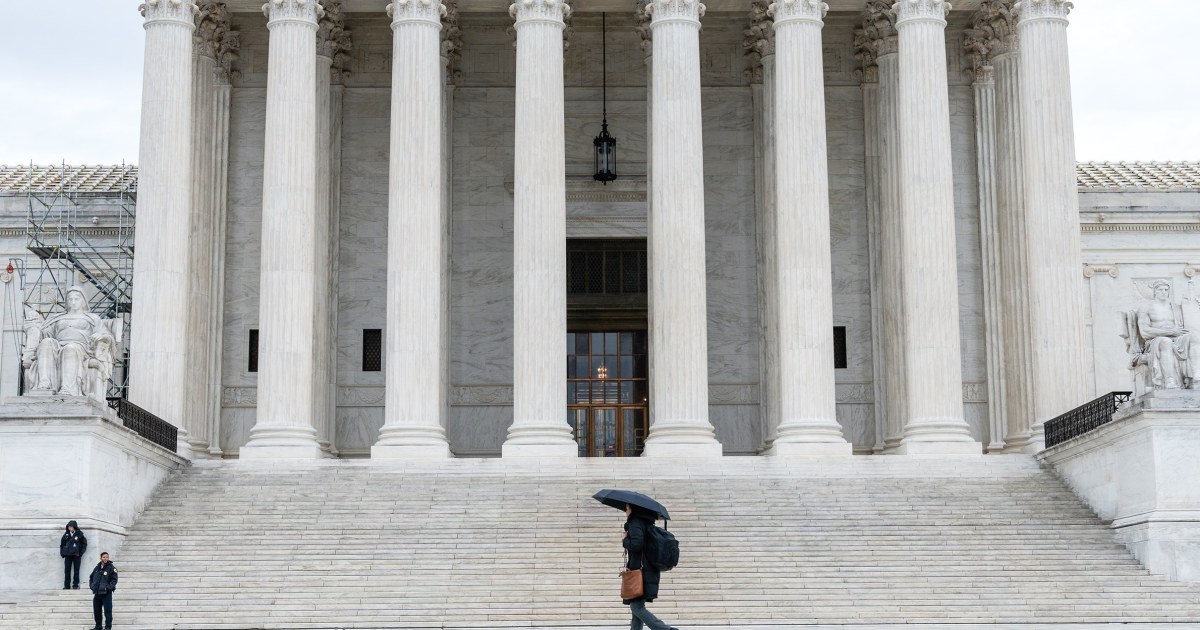A Florida man has pleaded guilty in connection with threatening to kill a Supreme Court justice.
The guilty plea from 43-year-old Neal Brij Sidhwaney of Fernandina Beach stemmed from a call he made to a Supreme Court justice in July, the Justice Department said in a news release Monday.
He faces up to five years in federal prison on one count of transmitting an interstate threat. A sentencing date has not yet been set.
Prosecutors said that Sidhwaney identified himself by name in an expletive-infused voicemail and repeatedly threatened to kill the Supreme Court justice, who is not named in court documents.
Sidhwaney warned that if the justice alerted deputy U.S. Marshals, he would talk to them and “come kill you anyway,” according to court documents, which did not indicate what prompted Sidhwaney to make the threat.



.
The system is constantly changing. We have the power and tools to effect change, despite the recent backsliding. SCOTUS is corrupt, yes, but we should be trying to change it, not making fucking deranged phone calls threatening people’s lives
.
You’d be right to think that, what with the whole “Revolutionary War” thing, but it’s interesting in that the whole reason we have impeachment is because of Benjamin Franklin’s opposition to assassination:
https://historynewsnetwork.org/article/173296
“What was the practice before in cases where the chief magistrate rendered himself obnoxious? Why, recourse was had to assassination in which he was not only deprived of his life but of the opportunity of vindicating his character. It would be the best way therefore to provide in the Constitution for the regular punishment of the Executive where his misconduct should deserve it, and for his honorable acquittal when he should be unjustly accused."
Madison followed:
“It is indispensable that some provision be made for defending the community against incapacity, negligence, or perfidy of the chief magistrate. The limitation of the period of his service is not a sufficient security. He might lose his capacity after his appointment. He might pervert his administration into a scheme of peculation or oppression. He might betray his trust to foreign powers.”
.